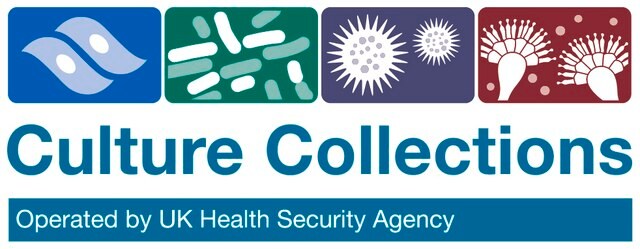OE19 Cell Line human
96071721, human esophagus, Epithelial
Synonym(s):
JROECL19, JROECL19 Cells, OE-19 Cells, OEC19 Cells
Select a Size
Select a Size
About This Item
Recommended Products
product name
OE19 Cell Line human, 96071721
biological source
human esophagus
growth mode
Adherent
karyotype
Aneuploid
morphology
Epithelial
products
Not specified
receptors
MHC class I
technique(s)
cell culture | mammalian: suitable
relevant disease(s)
cancer
shipped in
dry ice
Cell Line Origin
Cell Line Description
Application
DNA Profile
Amelogenin: X
CSF1PO: 11,13
D13S317: 9,11
D16S539: 12,13
D5S818: 11,14
D7S820: 8
THO1: 8,9
TPOX: 8
vWA: 16,17
Culture Medium
Subculture Routine
Other Notes
Certificates of Analysis (COA)
Search for Certificates of Analysis (COA) by entering the products Lot/Batch Number. Lot and Batch Numbers can be found on a product’s label following the words ‘Lot’ or ‘Batch’.
Already Own This Product?
Find documentation for the products that you have recently purchased in the Document Library.
Our team of scientists has experience in all areas of research including Life Science, Material Science, Chemical Synthesis, Chromatography, Analytical and many others.
Contact Technical Service





